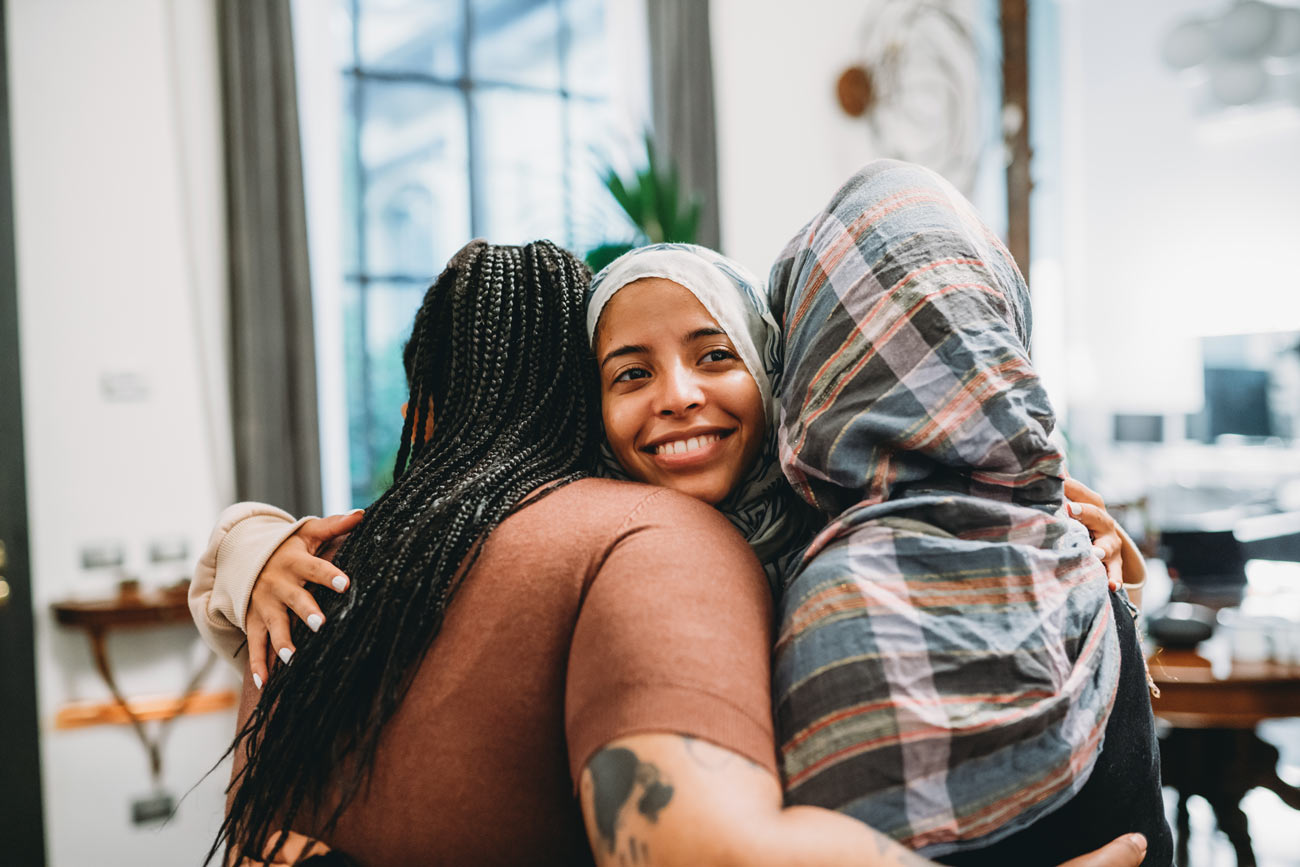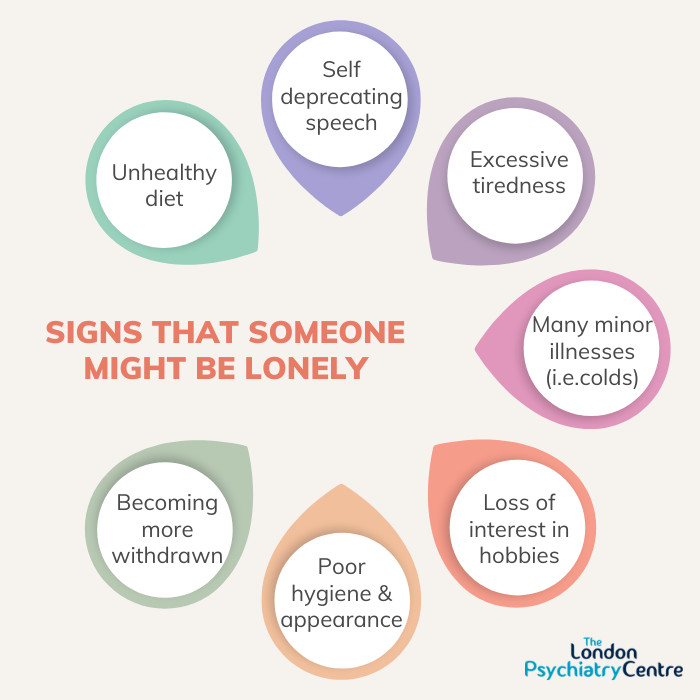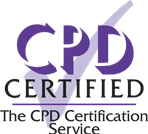
Friendships And Mental Health: How Can They Help Your Mental Health?
Friendships and mental health are carefully intertwined. From a young age, many of us begin to understand the value of friendship. Children make friends at nursery, play groups and school in order to increase enjoyment in their recreational activities, to feel supported and a sense of belonging, to develop confidence, and more. These values are equally applicable in adulthood, where, although it may be more difficult to make and maintain friendships due to work, homelife and other responsibilities, the importance of doing so may be even greater.
Many adults find that life ‘gets in the way’ of friendships, with priorities such as work commitments, romantic relationships and family taking precedence. However, it’s easy to forget that friendships can actually improve these life experiences, especially when situations become stressful (such as when going through a break-up, problems in the office, or a death in the family). It is during these times when we look to our friends for support, which is one significant reason why it is important to maintain friendships as an adult.
In this article, we look at the side effects of loneliness, how to make friends as an adult, and the neurochemicals involved in forming relationships with others.
The Impact Of Loneliness On Mental Health
Research reveals that 1 in 20 adults in the UK report feeling lonely often or always, and those at higher risk of loneliness include young adults (16 to 24 years old), women, widows, those in poor health and those who are unemployed. However, it should be noted that loneliness can affect anyone at any time, regardless of circumstance.
In addition to being a precursor for poor mental health, loneliness is also a catalyst for physical health issues, including obesity, high blood pressure, high cholesterol, increased inflammatory response, and more. Not only that, but loneliness can lead to excessive drinking and use of other drugs for comfort, as well as deficits in self-care, inadequate nutrition and exercise, personal hygiene, and keeping up with medication regimes or other medical treatments.
All in all, loneliness has a negative effect on humans, but we may not even realise if or when we are lonely, as it can be difficult to describe and, for some, hard to admit. This can make it hard to get help and prevent loneliness in future.
You may also like to read our other posts:
Loneliness and Mental Health – What To Do If You Feel Lonely At Work
Loneliness And Lockdown: What To Do If You Feel Lonely
How To Identify When Someone Is Lonely
Dr Christos Kouimtsidis, Consultant Psychiatrist, says: “Everybody deals with loneliness differently. Some people may actively seek out ways to meet people in order to mitigate their loneliness; some might take up reckless behaviours; and others may retreat further into themselves. This makes identifying loneliness in yourself and others difficult. This being said, there are some general behaviours that can indicate that someone might be lonely.”

These identifiers may cross over with symptoms of other mental health issues, such as anxiety and depression, which can make loneliness more difficult to diagnose. However, if anyone is experiencing these symptoms, and these are outside of their normal patterns of behaviour, it may be helpful to offer support regardless.
How To Make Friends As An Adult
As mentioned earlier, making friends as an adult can be difficult in comparison to when we were children, as there are more responsibilities in adulthood that may hinder friendship opportunities, as well as there being fewer environments where making friends is actively encouraged for adults.
Overcoming these barriers may seem tough, and will involve stepping out of your comfort zone. However, if you are keen on making new friends, here are some helpful tips:
1. Try a new hobby
Hobbies help us develop practical skills, but also interpersonal skills, as we meet others who we have something in common with. There are plenty of hobbies that allow you to physically meet people, such as going to the gym, attending an art class or taking part in a team sport. However, if your hobbies don’t involve physical contact, there are many online environments where you can meet like minded people who also share your hobby, such as forums, chat rooms and other social media platforms.
2. Ask an existing friend to help
Entering a new environment by yourself can be daunting. However, with the help of a friend, you’ll have someone to support you in striking up conversations, and a trusted person to fall back on if you feel uncomfortable or unconfident.
3. Deepen relationships with acquaintances
If you are unable to meet new people, try to strengthen your existing relationships. Perhaps there is a coworker that you get on with at work who you could invite for a coffee, or a neighbour with whom you could go for regular walks around your block.
4. Boost your self confidence
If you’re finding it hard to make friends because you don’t believe that you’re interesting or exciting enough, aim to work on your self confidence. Believing negative things about yourself makes it easier for other people to do the same, and as a result you may never feel worthy of friendship. Instead of asking yourself why others would want to be friends with you, find your good qualities and turn them into affirmations: write them down and look at them regularly, or recount them while looking at yourself in a mirror. You’ll soon find that your self worth increases.
5. Get involved in your community
According to research, those who feel they belong to their neighbourhood also feel less lonely. Many communities support their members through friendships, charitable giving and events and activities. You could help both yourself and others in your community by becoming a more active member in ways such as volunteering, donating to others, helping your neighbours, cleaning up your area, and more.
The science behind platonic relationships
When we form bonds with other people, our hormones and neurotransmitters play a large part in the process.
Oxytocin, for example, is also known as the ‘love hormone’; however, it’s not just vital for strengthening romantic or familial relationships. Oxytocin has been shown to increase trust in humans, and a certain degree of trust is needed to feel comfortable in another person’s presence, which is essential for friendship. It is also involved in individual recognition and memory, allowing us to form bonds with others.
Meanwhile, serotonin is found to correlate with sensitivity to social situations, and regulates social behaviour accordingly. Balanced serotonin levels lead to more stable moods, which make social situations easier to navigate and enjoy.
Dopamine is integral to pleasure seeking, which may encourage us to pursue and engage in relationships with others in order to ‘reward’ the brain with pleasure.
All three of these hormones are linked, with oxytocin triggering the release of serotonin and dopamine when experiencing the positive emotions associated with friendship.
What To Do Next
Most people will feel lonely at some point, but if it is negatively affecting your life, you could try some of the suggestions that we have provided above, or speaking to someone you trust. If this is not possible, charities such as Samaritans offer unbiased, one-to-one phone calls with their volunteers, which may help you feel listened to and less alone. You could also try speaking to your GP, or a mental health specialist.
If this information relates to yourself or someone you know, please do not hesitate to contact our friendly team using the details below:


